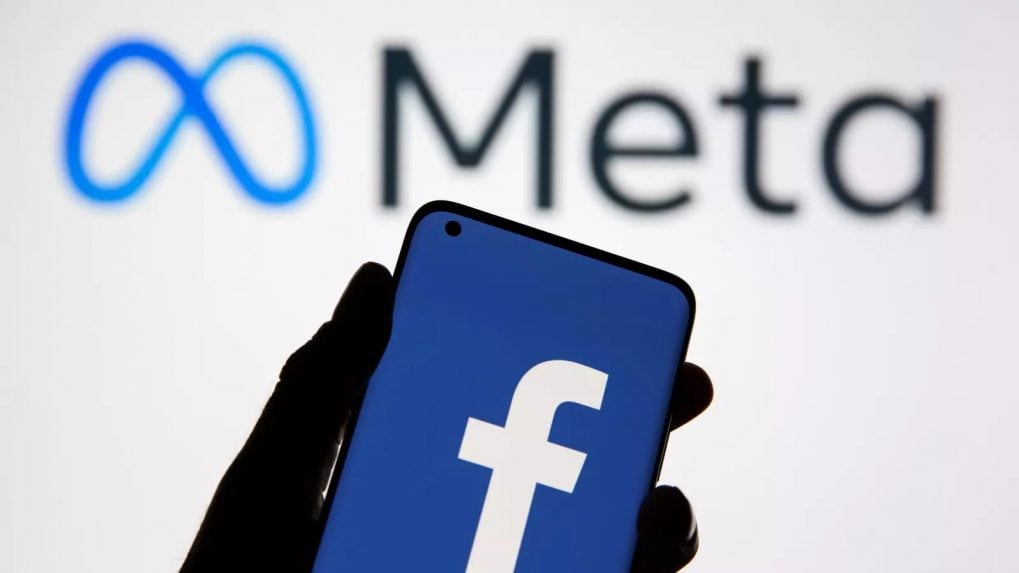How it Works
WPP, Havas, Omnicom: Are advertising’s biggest holdcos recasting agencies as AI Operating Systems?

Meta’s global rollout of Andromeda, its rebuilt AI-powered ad delivery engine, has sent shockwaves through the advertising world. While the tech giant touts it as a leap forward in automation and personalization, advertisers are feeling the strain of a system that has wrested control from human hands. Campaign volatility, rising costs, and loss of targeting visibility are leaving marketers frustrated, forcing them to rethink how they plan, test, and measure success on Meta’s platforms.
Meta’s rebuilt ad delivery engine powered by NVIDIA’s Grace Hopper Superchips and Meta’s in-house MTIA processors, is transforming how ads are targeted and delivered across Facebook and Instagram — but not everyone is celebrating.
While Meta positions Andromeda as a breakthrough in ad personalization and efficiency, the advertising community is grappling with the fallout of a system that has rendered manual targeting nearly obsolete. The AI-led architecture, which scans millions of ad options per second to determine the best match for each user, has upended long-standing campaign workflows, data transparency, and performance predictability.
“Meta Andromeda is a wolf in sheep’s clothing,” said Gowthaman Ragothaman, media veteran and CEO of Saptharushi. “It’s teasing marketers to give away more and more of their data — without which the system is like a bullock cart on a racing track.”
Algorithmic Control, Human Frustration
Advertisers accustomed to controlling audience segmentation and targeting precision are now finding themselves at the mercy of Meta’s machine-learning engine. The new system encourages broader targeting, creative variety, and automated placements under its Advantage+ framework — a dramatic shift from the era of micro-targeting and audience testing.
However, this shift has come with turbulence. According to multiple agency heads, campaign volatility has risen sharply. Stable campaigns that previously yielded consistent ROI are now showing erratic learning phases, inflated CPMs, and unpredictable reach.
“The old rules of micro-targeting and multiple ad sets don’t work anymore,” said Ramya Ramachandran, Founder and CEO of Whoppl. “Marketers are struggling because they’re still trying to outsmart the machine instead of feeding it better. Campaigns that were stable a month ago are suddenly volatile.”
She added that brands relying on high creative output — especially those with access to influencer-led or story-driven content — are better positioned, as “authentic, fresh creative is exactly what Meta’s AI wants.”
Adverse Impact: Rising Costs, Falling Clarity
For many advertisers, particularly small and mid-sized brands, Andromeda’s automation has increased both costs and complexity. Meta’s machine learning models thrive on vast data sets, inherently favoring large advertisers with high spend and conversion volume.
“The impact has been noticeable,” said Yasin Hamidani, Director at Media Care Brand Solutions. “Campaigns that were stable started showing inconsistent results. Cost-per-result has risen, and performance volatility is higher week-on-week. Even optimized ad sets have lost traction.”
Hamidani said, "For advertisers, the Andromeda update has increased both cost and complexity. With machine learning models taking over manual optimization levers, smaller brands feel handicapped, as data-heavy automation now favors high-spend advertisers. The lack of clear attribution and conversion lag has also complicated ROI tracking, leading to uncertainty in performance forecasting and client reporting."
Marketers also report reduced transparency in ad delivery and limited control over placements, compounded by inaccurate attribution and delayed conversion data. This has complicated ROI tracking and made performance forecasting increasingly uncertain — a major setback for agencies dependent on predictable client reporting.
Experts warn that Meta’s push for deeper data integration could leave marketers increasingly dependent on its ecosystem. Ragothaman cautioned that in order to fully leverage Andromeda, brands must share extensive conversion and behavioral data with Meta — effectively surrendering proprietary insights.
“Marketers are giving away their entire business logic hand over fist to Meta,” he said. “AI-enabled models work better over time, which means you must feed them more information — and that’s where dependency deepens.”
Agencies Face Workflow Disruptions
The update has also disrupted the agency landscape, forcing teams to rethink campaign structures and budget allocation strategies. Complex setups with multiple ad sets and tightly defined audiences are now counterproductive, as Andromeda prefers simpler frameworks with fewer ad sets and a higher diversity of creative inputs.
“The biggest contention is the sudden change in visibility,” said Ambika Sharma, Founder and Chief Strategist at Pulp Strategy. “Data gaps in audience behavior and attribution have made it harder to connect spending with outcome. For agencies, it’s meant higher optimization costs and reduced confidence in automated recommendations.”
Sharma added that advertisers who have invested in first-party data systems and independent tracking frameworks are coping better, while others face temporary ROI declines as Meta’s systems recalibrate.
Industry leaders agree that the solution lies not in resisting Andromeda, but in adapting to its logic. The emphasis is shifting from manual optimization to creative experimentation, data interoperability, and server-side tracking.
Brands that can supply meaningful creative diversity — exploring multiple emotional and functional themes — will feed Andromeda the rich signals it needs to deliver consistent results. But the transition period, marketers admit, is proving painful.
“The solution isn’t panic but adaptation,” said Sharma. “Meta will stabilize, but advertisers who own their data and intelligence will come out ahead.”
As Meta’s AI takes the wheel, advertisers face a new paradox: automation promises efficiency, but at the cost of transparency and control. For now, Andromeda’s race to relevance is proving to be as disruptive as it is transformative.
From purpose-driven work and narrative-rich brand films to AI-enabled ideas and creator-led collaborations, the awards reflect the full spectrum of modern creativity.
Read MoreThe Storyboard18 Awards for Creativity have unveiled a Grand Jury comprising some of India’s most influential leaders across advertising, business, policy and culture, positioning it among the country’s most prestigious creative award platforms.